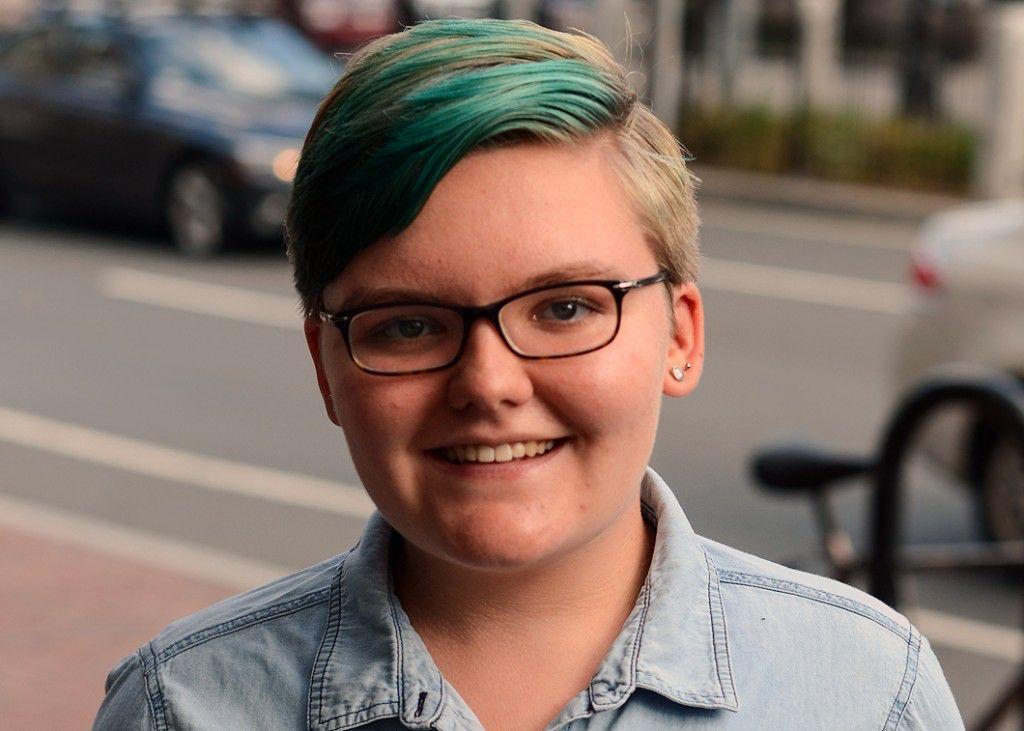It is no secret that college is stressful. Young students figuring out how to make it on their own while getting good grades, balancing a job, managing money, participating in extracurricular activities and maintaining a spectacular social life is hard. College kids today are also constantly connected to social media platforms that breed competition of who’s the most well-adjusted, well-rounded and well, perfect person. It’s difficult enough putting on a front for your family and friends, never mind your 289 followers. Keeping up with the Joneses is taken to a whole new level.
So it’s really no surprise to hear the National Alliance for Mental Illness’s report that more than 80 percent of college students felt overwhelmed by all they had to do in the past year. And 1 in 4 young adults (aged 18-24) have a diagnosable mental illness. Depression and anxiety disorders are common, yet serious mental illnesses for college students. Mental illness is happening, and it’s here to stay.
It’s time to stop being ashamed of mental illnesses and start talking about mental health. Poor mental health can turn a promising, intelligent and creative student into a different person. It can be debilitating for the student and the people around them. This is, of course, no fault of their own, although they may feel quite the contrary.
The most important thing for struggling students is to reach out for help, because feelings of uneasiness and hopelessness do not have to last forever. Instead of blaming people for their mental illnesses and chemical imbalances, we need to start supporting them so they can reach out for the help they need. A little professional help can go a long way.
Boston University Student Health Services provides limited, low-cost health services for Behavioral Medicine (Mental Health). BU has a lot of students to take care of, but mental health is important! Last spring, I called to make an appointment with Behavioral Medicine, and the wait for an appointment was two weeks. So I guess it’s a good thing that people are reaching out for help, but it sure made it difficult to get the help I needed, unless it was an emergency. What about minor emergencies? Like I’m having a mental breakdown and am so lost and can’t sleep but I am not having suicidal thoughts or feelings?
I only met with a Behavioral Medicine professional from SHS twice. Once so they could fill out an intake form and ask general questions about why I was there. And second so they could refer me to other places to seek therapy and help. Places that were out of my way and would charge me $40 every session. I decided it wasn’t worth the time and money, considering time management and financial worries were reasons that brought me to SHS to begin with. Luckily, my problems didn’t escalate, and I was able to reach out to my friends and family until my life slowed down a little and I could cope on my own.
But not everyone is this lucky. What happens to the people who don’t have a great support system? The people who turn to SHS for help, only to get referred away. There was no on-campus alternative support (at least that SHS informed me of) and no follow-up appointment or phone call to see how I was doing. Just a piece of paper with a list of names and phone numbers on it and a brochure on how to manage anxiety. Then I was on my own.
I’m sure SHS did their best with the resources they had available, but I think there are ways to do better. BU should care about the mental health of their students, about the people who are paying to stress themselves out and make the most of their college experience. BU is a big school, and it can be easy to feel lost or forgotten. However, BU’s size also means there should be more people to turn to when you do feel that way. So let’s start talking about it.
Mental illness takes no prisoners. It affects people regardless of gender, sex, sexual orientation, race or age. There should be more resources to turn to, to give everyone the access to mental health treatment, no matter who you are.
The best thing we can all do is start talking. Start talking about mental illness. Talking about how college is hard. Create a community where instead of being shamed, students are supported. Let your friends know that you are here for them, that it’s okay and that they aren’t alone. Reach out to SHS. Reach out to BU. Demand better treatment, more on-campus resources and more support. Eventually, people will listen and the community will evolve. And eventually, mental health won’t be so hard to talk about anymore.























































































































